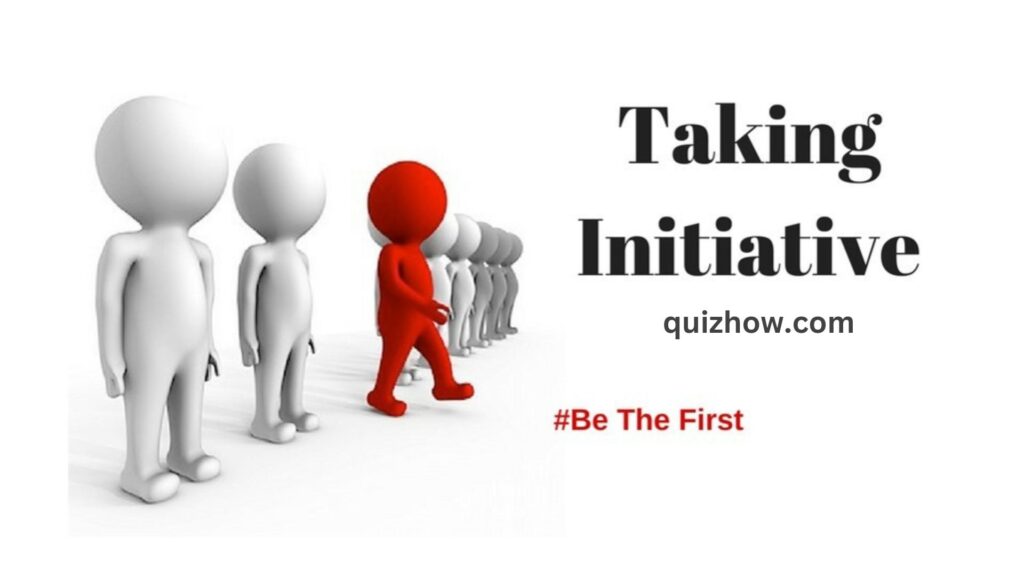Leadership skills are key to growing your career. While technical know-how and a college degree are important, they can only take you so far. To truly lead and advance in your career, you’ll need soft skills like being a good listener and communicator.
There are a few essential leadership skills that can make you a better leader. Whether it’s taking initiative, honing critical thinking, or learning to motivate and empower others, it’s important to keep challenging yourself to improve your leadership abilities.
Leadership Skills That Can Advance Your Career
The hard skills you need to succeed can vary depending on where you work, but there are certain soft skills that can boost your career and make you a better leader, no matter the industry. Leadership qualities that many workplaces value include:
- Taking initiative
- Critical thinking
- Effective listening
- Motivating others
- Discipline
- Continued learning
- Delegation
- Managing conflict
- Empowering others
By demonstrating strong leadership abilities, you can fast-track your career. Whether you’re aiming for a new job or a promotion, having a proven track record of success in leadership roles—both at work and in your personal life—can help you reach your goals more quickly.
There are many different types of leaders, but very few people are born with natural leadership skills. Most of us have to learn and grow into being a good leader. Developing leadership skills means figuring out and mastering the key traits and abilities needed to be a successful leader.
Take the Initiative
Most bosses will only give you tasks they know you can handle. That’s why it’s important to step up, take on more responsibilities, and go beyond what’s expected in your current role. Try to learn skills outside your usual area of expertise.

Don’t get too comfortable—challenge yourself to grow. The more you do, the more you learn, and that extra knowledge will help you move into a leadership role at work.
Plus, when the time comes, people will be more likely to see you as a leader because you’ve already shown you can take initiative, keep learning, and use what you’ve learned to make improvements.
Think Critically
To land a high-profile job, being a critical thinker is key. Good leaders can spot potential problems before they arise and find ways to prevent them.
They’re also quick to recognize opportunities that can benefit the company and its employees. In other words, be proactive. Don’t wait for things to happen—anticipate them and help your team stay prepared. If you’re a leader and an employee comes to you with a problem, work together to find the cause and put measures in place to prevent it from affecting the team, the company, or the customers.
Listen Effectively
Communication skills are essential for effective leadership, whether you’re presenting to your team, writing a business strategy, or talking with employees and clients. One of the most important skills a leader can have is the ability to listen. Without strong listening skills, you can’t gather feedback or understand what your team members enjoy about their work.
As a leader, you’ll often need to hire experts in specific areas. Listening to these experts helps you understand what’s possible and what isn’t. Make time for one-on-one conversations so they can share any concerns, ensuring everyone is on the same page.
Feedback is crucial. To listen well, make eye contact, avoid distractions, and respond thoughtfully. Remember, communication isn’t just about what’s said—pay attention to body language and gestures to understand the full message.
Motivate Others
A true leader knows how to inspire and uplift others. When employees or coworkers lose their drive, a good leader can reignite their passion and motivation. But how do leaders do this?

First, they understand what people need and want. For instance, if someone feels their hard work is going unnoticed, a great leader will take the time to acknowledge and praise their efforts.
Sometimes, people lose motivation because they’re facing challenges, stuck in repetitive tasks, or feeling left out. A good leader checks in with their team, listens to their concerns, and encourages them to get more involved.
Creating a positive work environment is also crucial. Set up fun rewards for meeting goals, like a weekly lunch for bringing in new clients or treats for an error-free week in production. These small gestures show appreciation and help everyone feel valued.
Also Read: 10 Tips to Boost Public Speaking
Be Disciplined
Discipline is essential for achieving your goals. Even if you have a great vision or idea, it won’t matter without discipline to bring it to life. To execute effectively, you need to be disciplined.
Imagine you and your team are working on a business plan to attract investors. You have plenty of ideas, but without discipline, the presentation isn’t rehearsed properly. When it’s time to pitch, you’re unable to clearly communicate your objectives, and the investors turn down your proposal.
To be a good leader, you need to be self-disciplined and ensure your team stays disciplined too.

Continue to Learning
John F. Kennedy once said, “Leadership and learning are indispensable to each other.” In times of rapid change, it’s crucial to keep learning and pushing yourself. Take time to study other leaders—their qualities, behaviors, and how they communicate. You don’t need to copy them exactly, but you can adopt some of their traits that resonate with you.

There are different leadership styles, some more focused on productivity, others on the well-being of employees. By understanding these styles, you can find the right balance and develop your unique approach to leadership.
Know How to Delegate
Theodore Roosevelt once said, “The best executive is the one who knows how to pick good people for the job and then has the self-restraint to let them do it without interfering.”
Great leaders don’t micromanage. Instead, delegate tasks to your team and let them take charge. This not only makes them feel more involved but also gives them a chance to learn new skills. By delegating, you can focus on the bigger picture and your own goals.
As a project leader, you’re still ultimately responsible for the outcome. So, make sure to oversee the project and assign tasks to the right people. Clear roles, responsibilities, and deadlines are key to successful delegation and getting the job done right.
Handle Conflicts
Leaders need to know how to deal with challenging people and resolve conflicts. If an employee isn’t doing their best and has a negative attitude, it’s up to the leader to address it privately.

Being honest and direct is crucial, even though it takes courage. It’s not easy to address problems or make tough decisions like letting someone go. Make sure to listen to the employee’s side of the story before making any decisions or taking action.
Empower Your Team
Leaders should appreciate the unique strengths of their team members, learn from them, and encourage others to do the same. If someone on your team has expertise in a specific area, take the chance to learn something new from them.
When an employee comes up with a fresh idea, support it and see where it leads. Be their biggest cheerleader and help them step out of their comfort zone. By believing in them, you’ll boost their confidence. Also, recognize when an employee is showing the same kind of initiative you had when you were building your own skills and leadership abilities.

Discover more from QuizHow
Subscribe to get the latest posts sent to your email.

